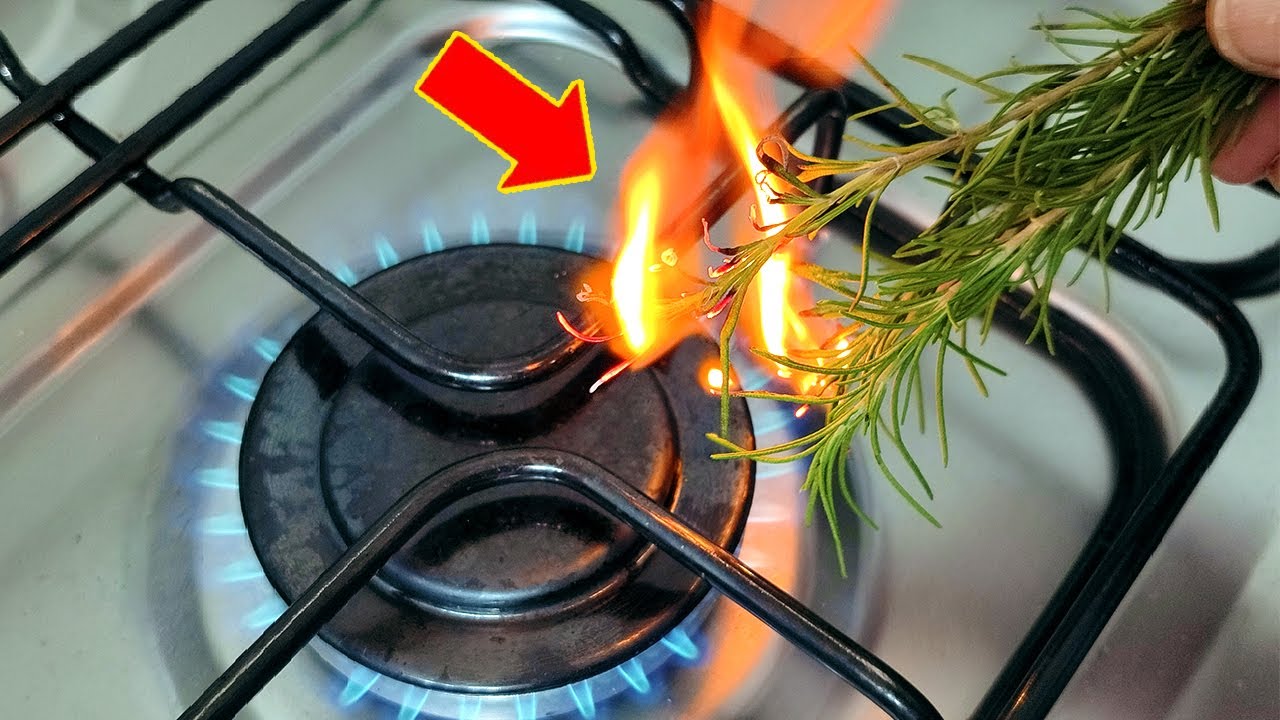
In the midst of our gardens and indoor greenery, there lies a seemingly harmless plant that harbors a dark secret. You may have it growing in your yard or even tucked away on your windowsill. Yes, I’m talking about rosemary – the aromatic herb that’s loved by many for its culinary uses and fragrant presence. But beware, for beneath its charming facade lies a danger you need to address immediately.
The Deceptive Beauty of Rosemary
Rosemary is a beloved herb known for its delightful fragrance and culinary versatility. Its needle-like leaves and delicate blue flowers make it a favorite among gardeners and cooks alike. From seasoning dishes to brewing herbal teas, rosemary has earned its place in kitchens and gardens around the world.
The Hidden Threat
Despite its popularity, rosemary holds a dark secret that few are aware of. When burned, rosemary releases toxins into the air that can be harmful when inhaled. These toxins, known as volatile organic compounds (VOCs), can irritate the respiratory system and worsen existing respiratory conditions such as asthma and allergies.
Why You Should Act Now
If you have rosemary growing in your garden or indoors, it’s essential to take action immediately:
-
Identify and Remove: Locate any rosemary plants in your home or garden and remove them promptly. Exercise caution when handling the plant to avoid contact with its sap or oils.
-
Dispose Safely: Once removed, dispose of the rosemary plant safely. Burning is not recommended, as it can release harmful toxins into the air. Instead, consider composting or disposing of the plant in accordance with local guidelines.
-
Seek Alternatives: If you enjoy the fragrance of rosemary, consider exploring safer alternatives such as essential oils or dried herbs. These can be used to create aromatic blends for cooking, aromatherapy, or home fragrance without the risk of harmful toxins.
Protecting Your Health
By taking swift action to remove and dispose of rosemary from your home, you’re safeguarding the health and well-being of yourself and your loved ones. While it may be disappointing to part with such a beloved plant, your respiratory health is worth prioritizing.
In Conclusion
Rosemary may be a beloved herb, but its potential to release harmful toxins when burned poses a significant risk to respiratory health. Don’t wait until it’s too late – if you have rosemary growing at home, take action now to remove and dispose of it safely. Your health and safety are paramount, so don’t hesitate to act decisively.





